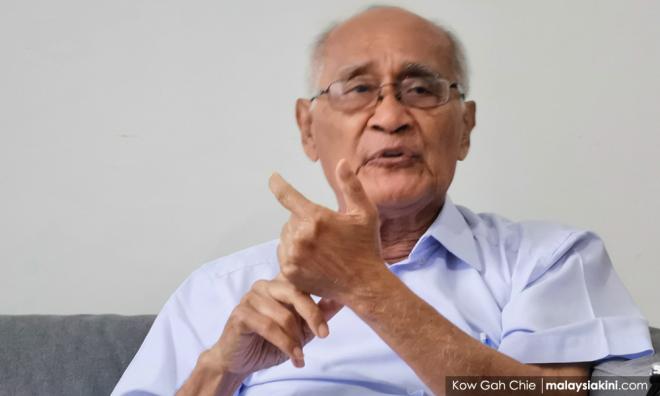
CORONAVIRUS | Veteran political activist and academic Syed Husin Ali has been keeping well over the last few weeks and now that the movement control order (MCO) appears to be relaxing, he reflects that it has been a necessary experience to endure.
In fact, the 83-year-old former PKR deputy president says that compared to some of the more difficult challenges Malaysians have endured in the past, the MCO has been "nothing much."
"Life has almost been like normal - even prior to MCO, I spent a lot of time at home and didn't go out much. Under MCO, I just didn't have the choice," he told Malaysiakini.
"Of course, I have missed going out to meet friends and having a meal. I have missed my children and grandchildren, but I had no real big problem," said Syed Husin who lives with his daughter and a helper.
"For groceries, I have no problems as I have the help of a friend who comes by weekly."
Syed Husin, who also served a term in the Dewan Negara from 2009 to 2012, backed the implementation of such a move even during the holy month of Ramadan.
"It has been necessary although it has also been inconvenient because of course we miss the Tarawih prayers, and we have already been missing the Friday prayers. But even in Mecca and Medina, the mosques are closed so we understand why this sacrifice must be made."
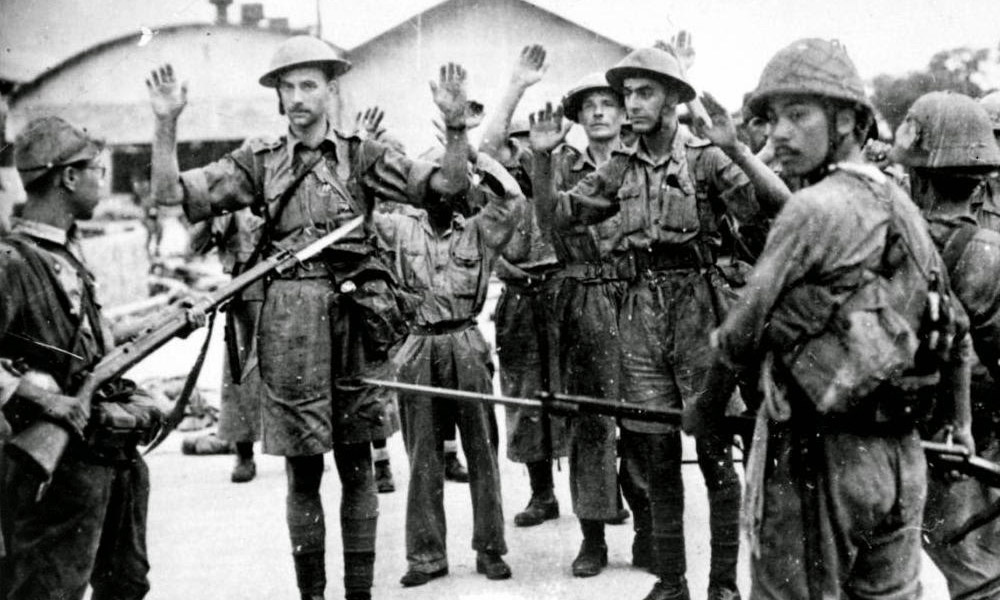
Syed Husin has lived through some of Malaysia’s most challenging periods. He recalls being a schoolboy during the Japanese occupation in World War II which lasted from 1941-1945.
"When the Japanese were here, it was for four years, and you wouldn't know at the time if or when it would end. There was a lot of violence, especially in the early phases against the Chinese here.
"As children, the schools were open, and you could play with friends. But there was not enough rice, and we had to eat a lot of tapioca," he said.
"Because most of the violence happened in the urban areas, people in the towns would have to leave for kampung areas. Even in kampungs, sometimes the Japanese soldiers came to disturb us.
"They were looking for women, and they would kidnap them. So all the women would run and hide in the jungle. Some were not so lucky and would be kidnapped and taken away for a while," he recalled.
Syed Husin said that during the time of the Communist Emergency (1948-1960), he didn't experience much hardship being in Batu Pahat.
"We knew that others were being resettled and confined to new villages. There were killings and clashes, and parts of the country were under curfew but somehow I didn't experience this.
"My memory is that I can still move around, food was not a problem, and it was not that bad - at least in Batu Pahat during that time," he said.
May 13 and ISA
By the time of another flashpoint, the riots of May 13, 1969, Syed Husin had moved to Kuala Lumpur.
"I was teaching in Universiti Malaya and staying in Section 17, Petaling Jaya. There was fear of violence and uncertainty, but fortunately, I lived near shophouses and was able to get food. At one stage they stopped selling, but the university helped with food.
"In fact, there was once when soldiers came near my house and stood outside in formation, and we were all inside a bit apprehensive, but actually they came to drop off food. This went on for a few weeks - food shortage and curfews, but eventually, things returned to normal."
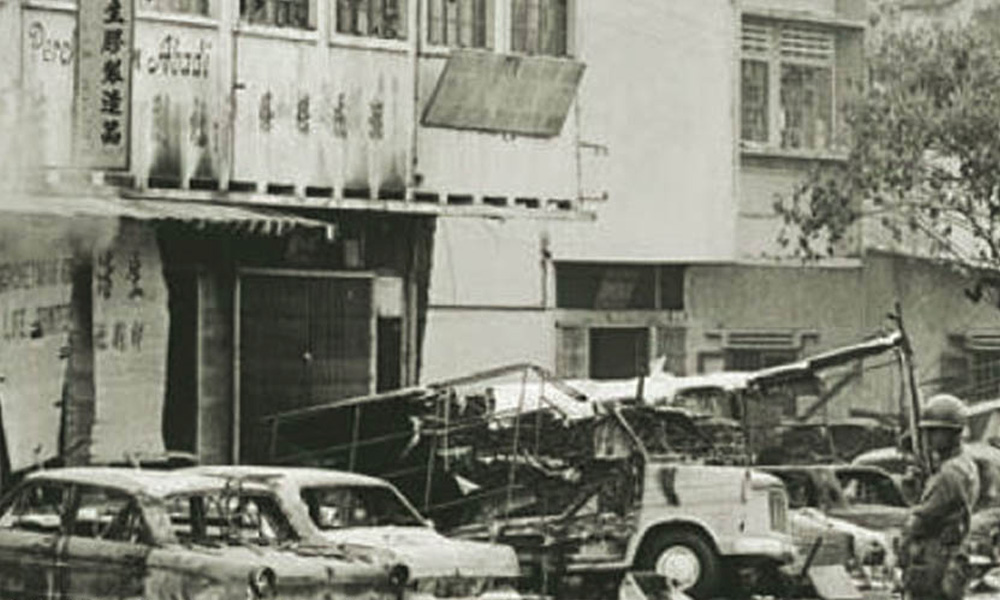
Syed Husin himself was detained without trial for six years under the Internal Security Act between 1974 and 1980. This followed a student demonstration which supported Baling farmers protesting a price hike of goods in 1974.
By then a leading member of Parti Sosialis Rakyat Malaysia, he was adopted by Amnesty International as a prisoner of conscience.
"The ISA detention was a much longer period. In fact, it makes me feel like this (the MCO) is nothing. Sometimes, some were even kept in solitary confinement. I was fortunate that I was always with friends, but they kept on changing our roommates as they didn't want us to be close. "
"I was with (PKR president) Anwar Ibrahim (who was detained from 1974 to 1976), and we used to discuss politics all the time until they separated us," he said.
"In the detention camp in Kamunting, food was very restricted. Once a week, I was allowed to go and cook. Once a month, my wife and children came with food, which I would keep and ration. The only time you could leave was if you had a serious illness and needed to see the doctor."
Syed Husin said that even though ISA was abolished, other acts like Sosma have been used in its place.
"You should never have it - long detention without trial. That is very tough and inhumane," he said.
2020 has its uncertainties
Since those harrowing times, Syed Husin has witnessed all manner of historic change, including the fall of the Umno-led regime after 61 years at the helm.
He said that the past few months have been surreal due to the collapse of the Pakatan Harapan government and the MCO.
"It was very surreal to have a change of government caused directly by the untimely resignation of the previous prime minister (Dr Mahathir Mohamad) and then certain treacherous people took the opportunity to form a backdoor government.
"This is not a stable government if it is afraid to have even more than a one day (Parliament) sitting. Umno, especially, is not really fully giving support to (Prime Minister) Muhyiddin (Yassin). It remains to be seen if it will last until GE15 (15th General Election).
"I think Umno and PAS themselves don't see cooperation with Bersatu at GE15. Even among themselves, they will have problems dividing the seats," he added.
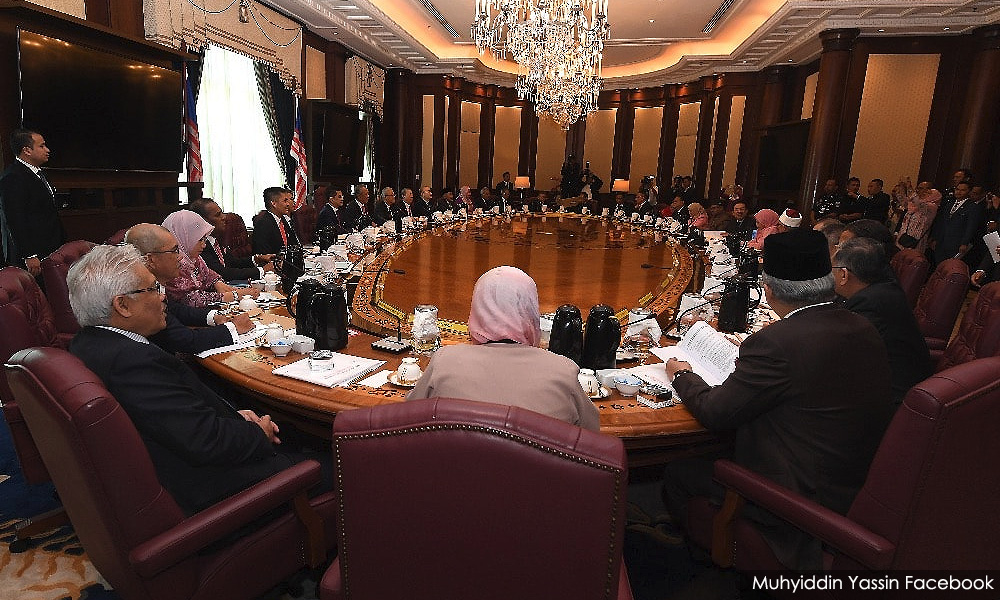
Syeh Husin says the current administration has many problems to cope with.
"It has economic, political and social problems. The collapse of the oil price and drop in palm oil markets will affect the national income. The MCO has resulted in a significant loss of jobs.
"This is a government that politically plays the Malay/Muslim card and alienates non-Malays and non-Muslims. That's not really promising for the future."
Moving forward Syed Husin said that Malaysians could draw several lessons from the MCO experience.
"One is the need for discipline among the people. The Chinese and the South Koreans have shown us the way to limit the impact of the coronavirus. Malaysians are not always disciplined, and we need to continue to be vigilant."
He warned Malaysians not to be so lax as the nation moves into the conditional MCO.
"In Singapore, the rate is alarming with over 17,000 cases, many of them migrant workers. Well, we have millions of migrants and perhaps with insufficient. So we must still be cautious."
"I feel we also need better preparation for our frontliners in terms of equipment and protection. If there is a future outbreak, we need to be better prepared."
'We must be humanitarian'
Syed Husin also asked Malaysians to keep an eye out for double standards of justice.
"If you look at some of the punishments meted out for MCO violations, there seem to be double standards. One type of justice for VIPs but harsher punishments for the common man. This cannot be allowed, there must be equality of treatment for all as the constitution demands."
Noting that there has also been a rise recently in anti-Rohingya refugee sentiment on social media, Syed Husin called on Malaysians to be true to their compassionate nature.
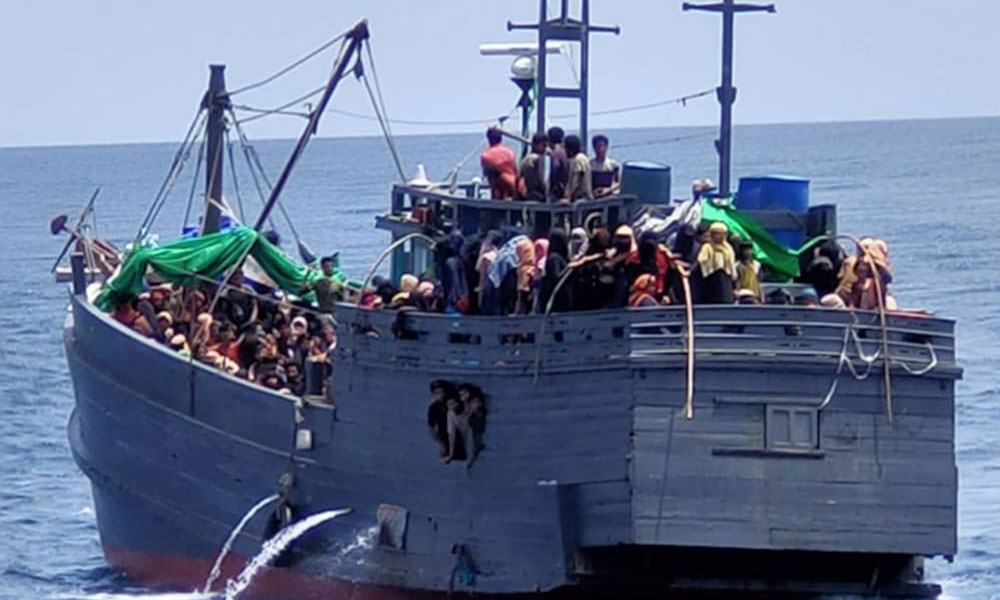
"It is sad to hear people speak in an unsympathetic way. Umno and PAS were championing their cause before but are suddenly silent.
"Make no mistake, the Rohingya fled their homeland because of ill-treatment. Their homes were burned, they were denied citizenship, and some were killed."
Syed Husin said that being kind to refugees does not mean that we should neglect safety and security.
"We must observe Covid-19 quarantine protocols and monitor any threats to security. But above all, we must be humanitarian - when they come to us in the sea, don't drive them away to die. That is very cruel." - Mkini


No comments:
Post a Comment
Note: Only a member of this blog may post a comment.